I've been married for over 35 years. It sounds like a love story—and in many ways, it is. But not the kind you see in movies.
Ours has been less about sweeping romance and more about becoming best friends, learning how to repair, listening with curiosity, holding space without judgment, and staying present—even when the path has been uncertain, messy, or hard.
Those first years were hard. Not because the love wasn't real, but because life came rushing in. Diapers. Dishes. Deadlines. We were so busy building a life that we forgot to keep building us. We shared the same bed, the same calendar, the same grocery list—but we stopped sharing our inner worlds.
Then we took a parenting course. Most of it blurred into the chaos of that season, but one idea cut through the noise: couch time. Just 15 to 20 minutes a day. Sit down, together, and talk—not about schedules or groceries, but about us. What we were thinking. What was stirring. What was shifting beneath the surface.
The course suggested we do it in front of the kids—not for their sake, but for ours. It was a visual signal: this matters. This time is protected.
And here's what I've realized since—this isn't just a parenting principle. This is a life principle.
Whether it's kids, work, roommates, deadlines, or demands—there will always be something trying to pull your attention away from connection. Sometimes you can't escape the chaos. But you can teach the life around you to respect the practice. You can model that this relationship—this sacred space between two people—is worth protecting.
We weren't just sharing a couch. We were choosing, again and again, to stay known.
And now, decades later—long after the toys were boxed up and the house quieted down—we still do couch time. Not out of habit. Out of necessity. Because people don't stay the same. And if you stop staying curious about each other, you wake up beside someone you no longer recognize. Or worse—you wake up, and realize you haven't been seen in years.
Love Is a Moving Target. Stay Curious
This isn't just anecdotal wisdom—it's backed by science.
Drs. John and Julie Gottman, two of the world's leading relationship researchers, call this practice of daily reconnection building Love Maps. It's the foundation of their Sound Relationship House—a research-backed model for what makes relationships work.
A Love Map is your internal GPS of someone's inner world. It's what they hope for. What they fear. What's been weighing them down or lighting them up. It's knowing how they take their coffee, what they dream about lately, and what they'd never say out loud unless you asked just the right question.
Here's the key: those maps need to be updated. People change. Kids grow up. Grief happens. Desires shift. And if we're not asking, we're not knowing.
And this doesn't stop at marriage. Your friends. Your children. Your coworkers. Every meaningful relationship flourishes when we take the time to understand each other—and withers when we don't.
To be known is to feel safe.
To feel seen.
To be remembered.
Being Known Is a Risk. But Not Being Known Is Lonelier
Here's the part most people avoid: being known is scary.
To open yourself up—to say, “Here I am, flaws and all”—requires courage. Vulnerability always does. Especially if you've been hurt before. Maybe you've trusted someone who turned your story into ammunition. Maybe you learned early that honesty was dangerous. So you learned to perform. You smiled. You said you were “fine.”
But here's the tradeoff: When we protect ourselves from being hurt, we also protect ourselves from being loved.
You can't selectively numb vulnerability. You can't be deeply loved if you're not deeply known. And that means allowing yourself to be known—imperfect, honest, and whole.
As therapist Terry Real says, “Intimacy (In-to-me-see) isn't something you have—it's something you do.”
It's not a feeling. It's a daily practice. A brave one.
But brave doesn't mean reckless. Vulnerability without discernment isn't intimacy—it's exposure.
How To Know Who’s Safe: BRAVING
This is where Brené Brown's acronym BRAVING becomes a map of its own—a map for trust.
If you're going to let yourself be known, start here:
B – Boundaries: Trustworthy people respect what's okay and what's not. They don't guilt or pressure you. They honor your limits.
R – Reliability: They follow through. Not once, but consistently. And not just when it's convenient.
A – Accountability: They own their mistakes. They don't deflect or blame. They apologize sincerely—and mean it.
V – Vault: What you share stays with them. They don't gossip about you—or others.
I – Integrity: They choose courage over comfort, and right over easy. They live out their values, not just talk about them.
N – Non-judgment: You can be honest and still feel respected. There's room to struggle without shame.
G – Generosity: They assume good intent. They give you the benefit of the doubt, even when you mess up.
Together, these seven traits form the backbone of safe connection. But trust itself? It isn't built overnight—and it isn't something you extend just because you like someone or feel confident. Trust grows in the spaces between words, slowly, through repeated evidence over time.
BRAVING gives us a way to name the qualities we're looking for, but the truth is, we're all surrounded by people at different stages of trustworthiness. Some will earn your confidence quickly. Others may take more time. So don't spill your soul all at once.
Build trust like a trampoline—one spring at a time, until it's strong enough to catch the fall, absorb the weight, and bounce back. Because, while love requires openness, trust tells you where and with whom that openness becomes wisdom, not regret.
Want Deeper Love? Build a Better Map
You don't need a dramatic breakthrough. You need presence. And questions. And a few brave minutes.
Try Couch Time (Even If There's No Couch)
Pick someone—your partner, your teen, your best friend, even a colleague—and start small.
Put your phone down. Look them in the eye. Ask something real:
“What's been a high or a low for you this week?”
“What's something you're looking forward to—or dreading?”
“What do you need more of right now?”
Then—listen. Let yourself be changed by what you hear.
Knowing and being known isn't soft. It's not sentimental fluff. It's the beating heart of relational well-being.
It's the difference between surviving together and thriving together. Between sharing space and sharing life.
So start with one person. One question. One moment of curiosity. And build the map—one detail at a time. Because when someone truly knows you—and still loves you—you heal in places you didn't even know were broken.
And that kind of love?
That kind of love changes everything.
Until next week,
Jonathan Penner | Founder & Exec Dir. of LifeApp
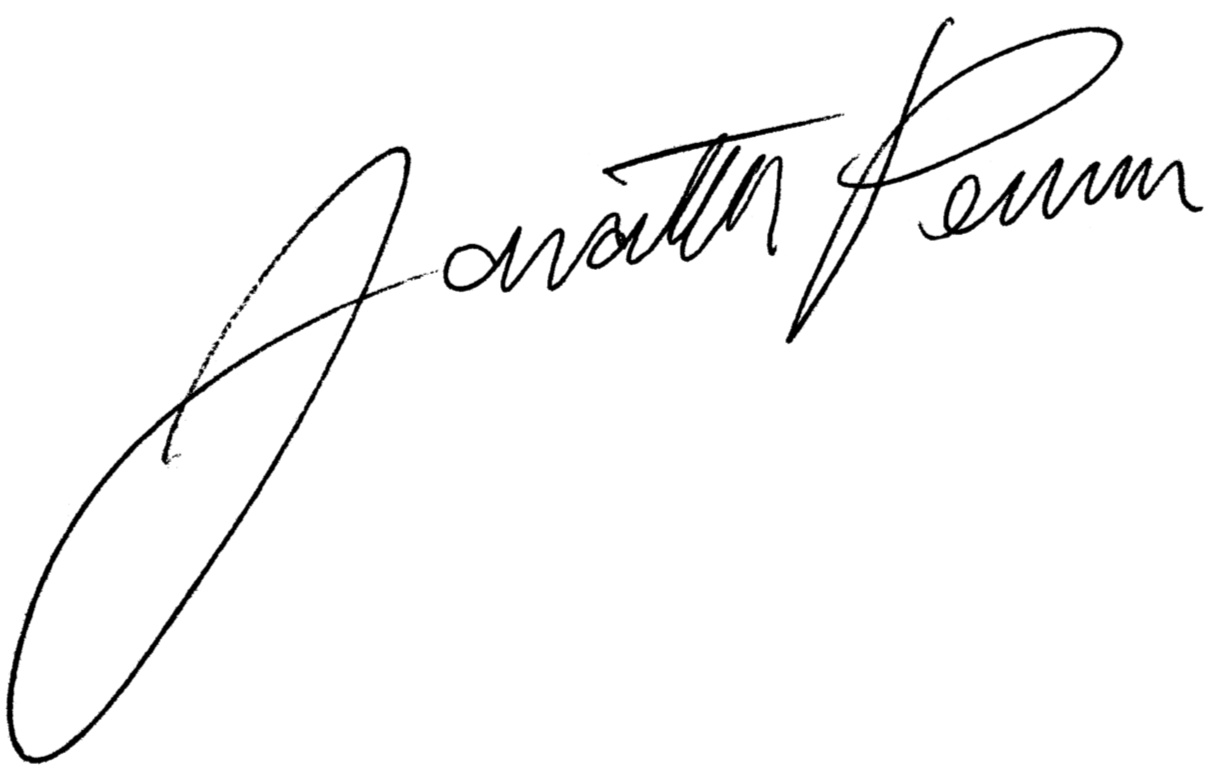
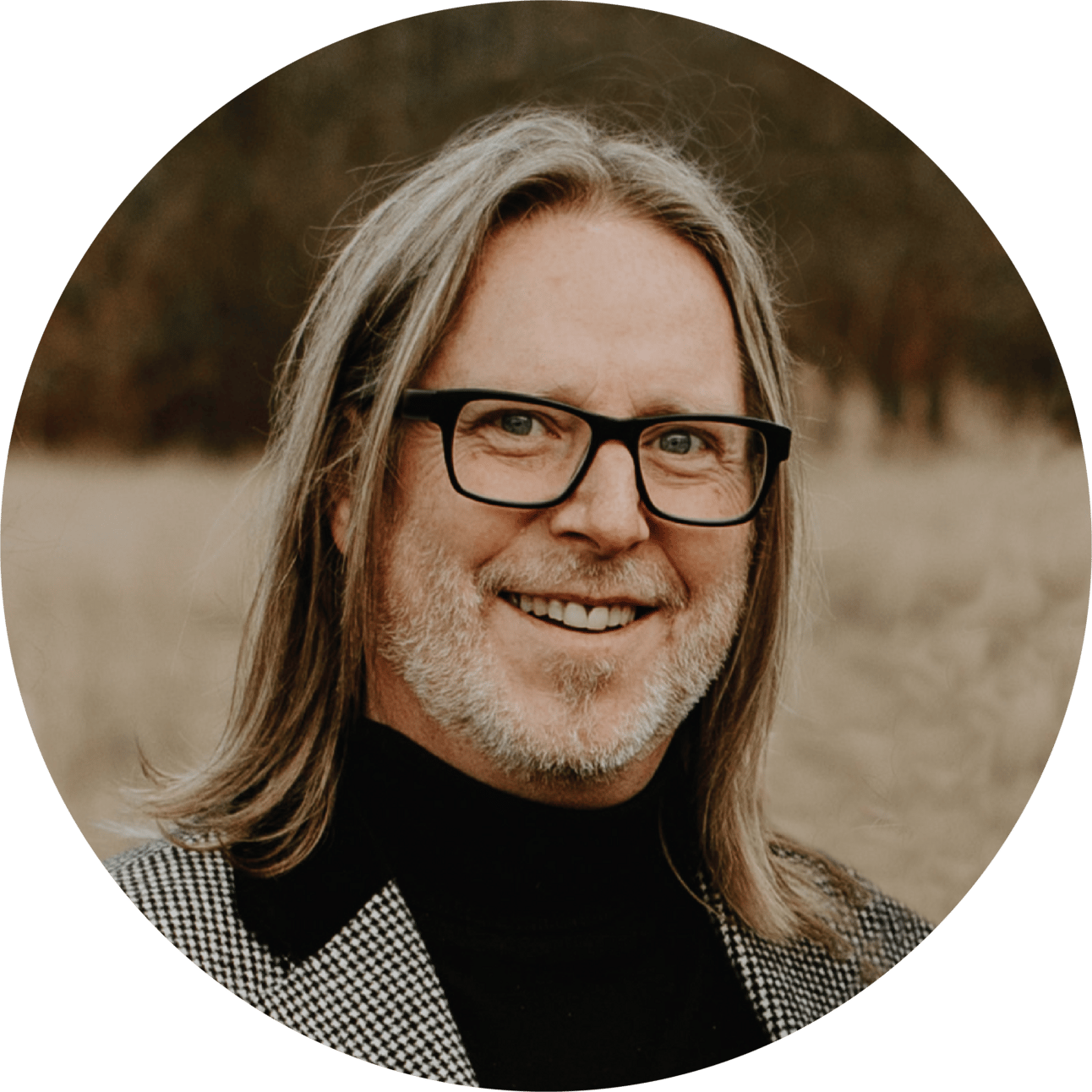
Resources To Dig Deeper
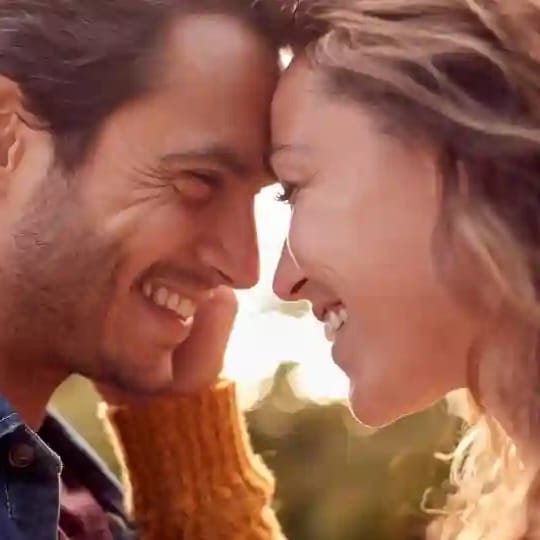
App
Gottman Card Decks App
The Gottman Card Decks app, inspired by The Art and Science of Love workshops, offers over 1,000 research-based flashcards across 14 decks to help couples deepen connection through meaningful questions and prompts. With tools to favorite cards, explore curated resources, and access personalized relationship guidance through the Gottman Relationship Adviser and Assessment, this app is a practical, science-backed companion for building stronger, healthier relationships.
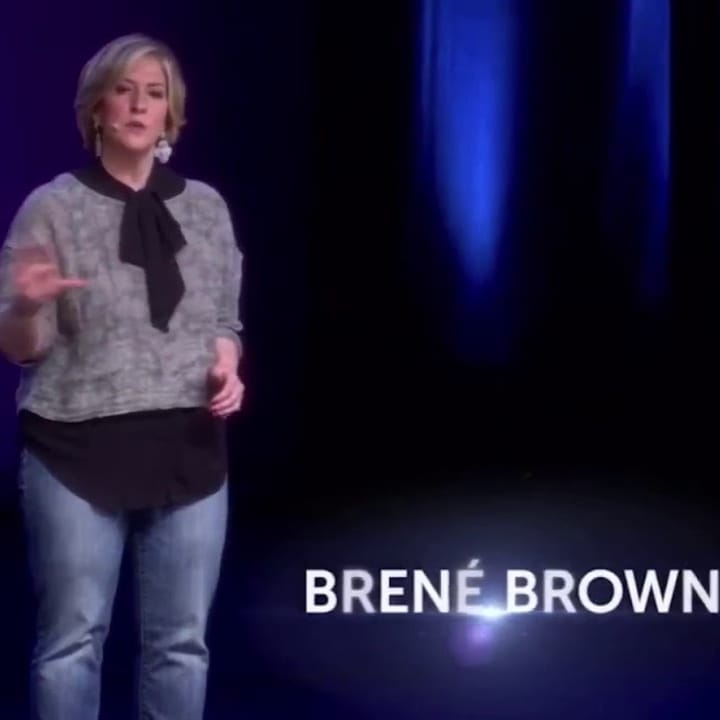
Video
Anatomy of Trust
An overview of the seven elements of trust: Boundaries, Reliability, Accountability, Vault, Integrity, Nonjudgment, and Generosity. The acronym BRAVING serves as a helpful checklist when rumbling with trust issues with the people in our lives.
-Brené Brown
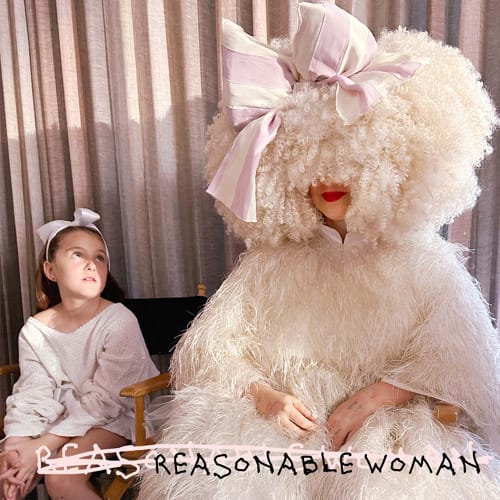
Song
Wanna Be Known
Sia's haunting ballad captures the trembling vulnerability of intimacy - of wanting to be fully seen and loved, while still wrestling with fear. The repeated refrain, "/ wanna be known," echoes the core truth of every deep relationship: we long to be recognized, not just for what we show, but for who we are beneath it all. Like the newsletter's call to build Love Maps and lean into trust, this song gives voice to that brave inner whisper that says, This time, I won't run.
-Sia
Learn More About
“It has changed my whole life and that of my kids! I live everyday by the 21 days to live love well. I read it before bed and am very mindful in my thoughts and actions. Yes doubt creeps in. I consciously put in the effort to change my thinking and make a better outcome. I choose happy, I choose strength, I choose healthy!”
/

